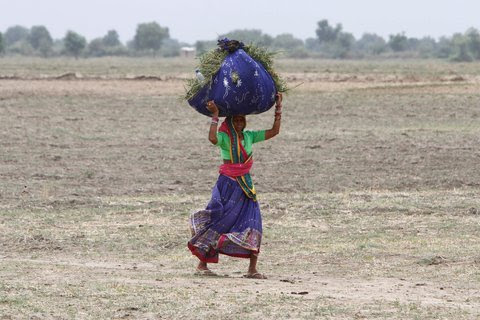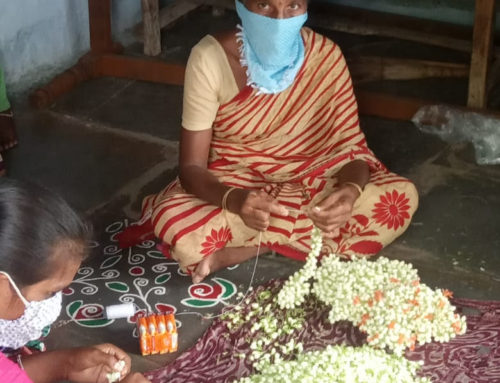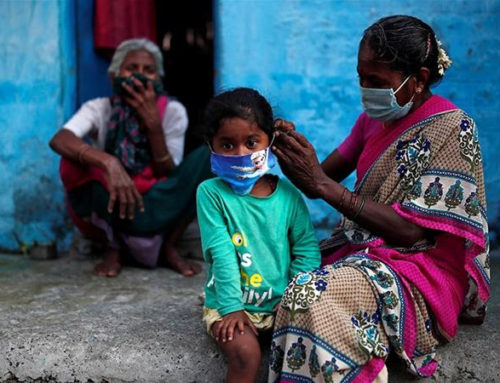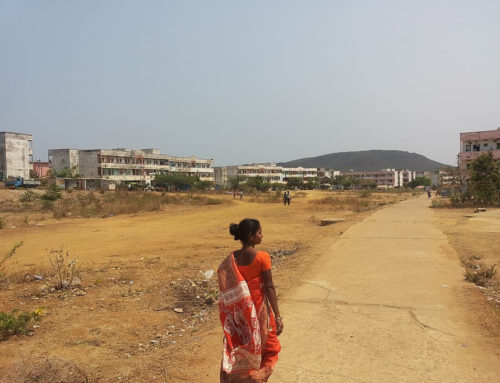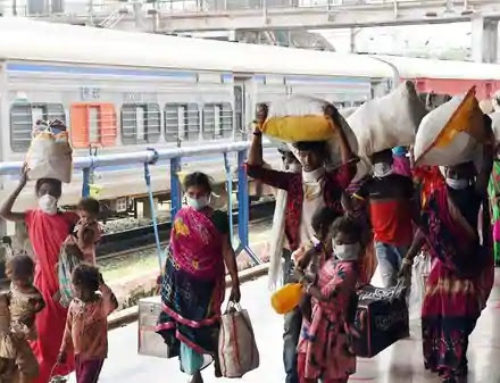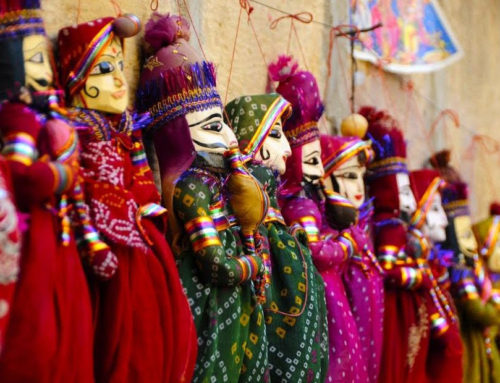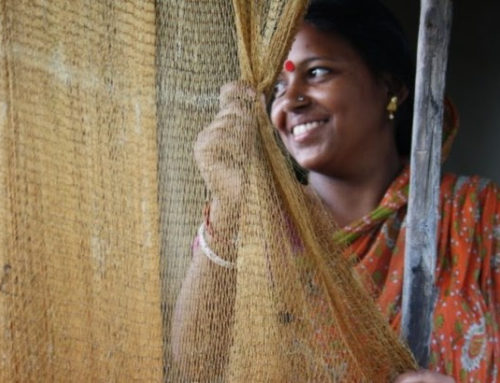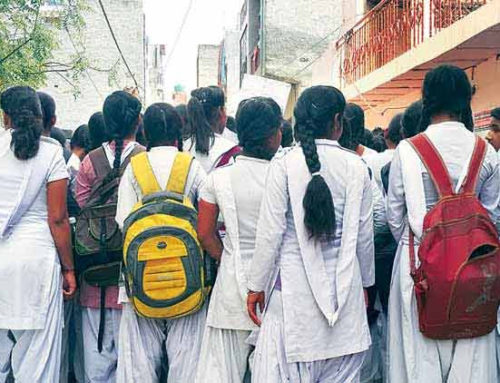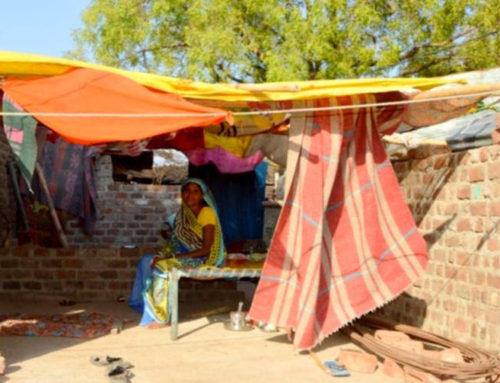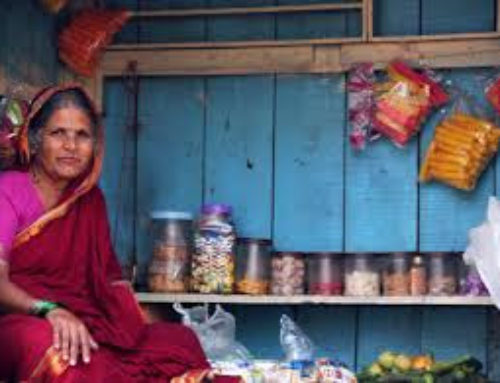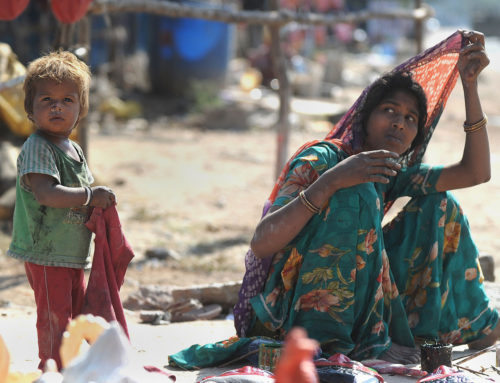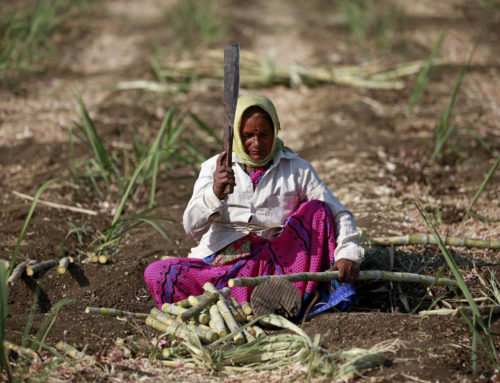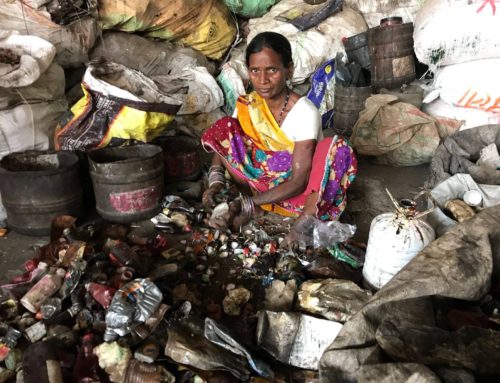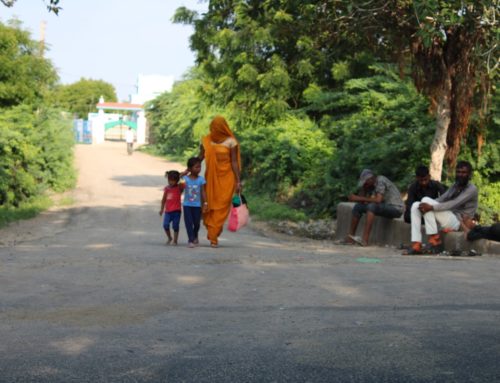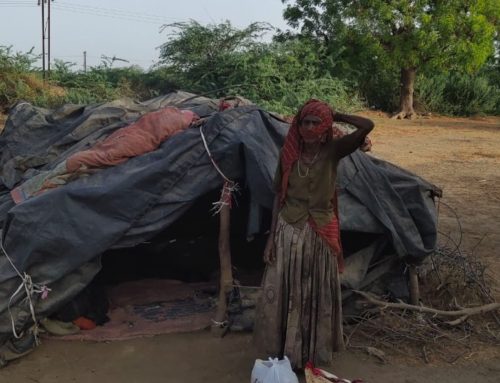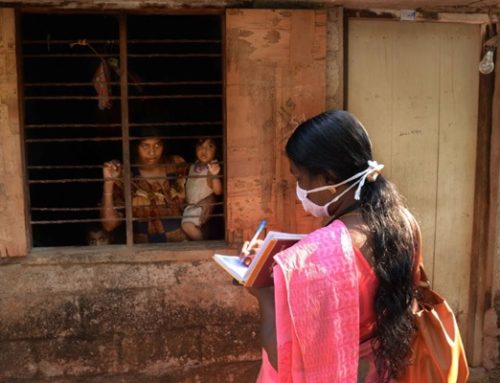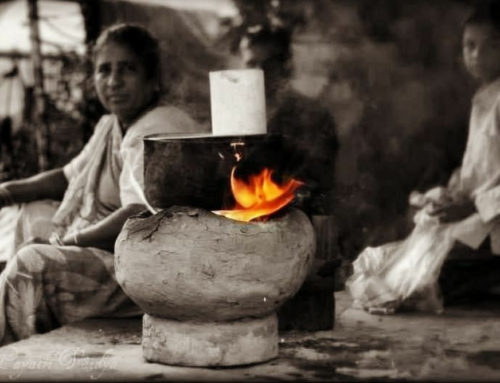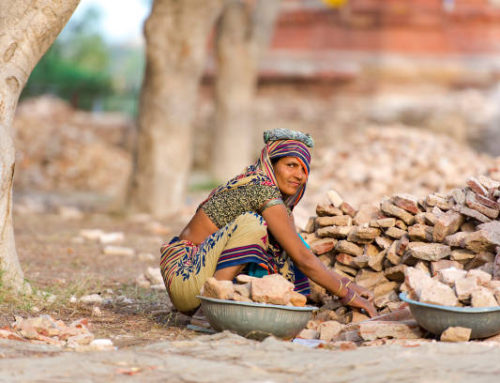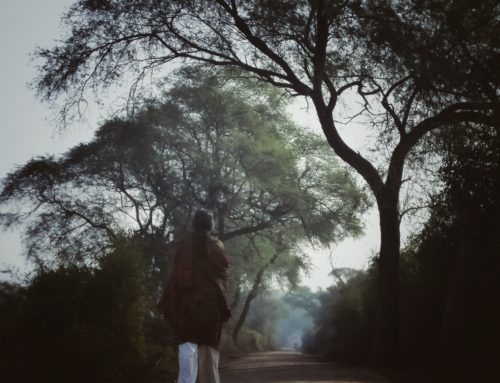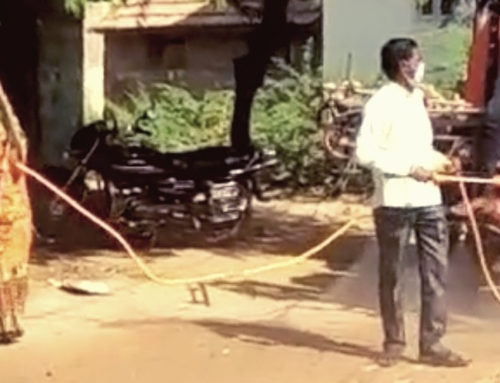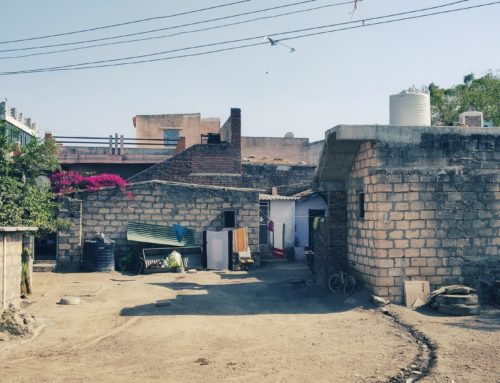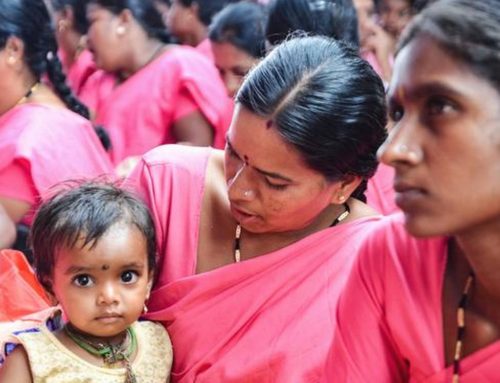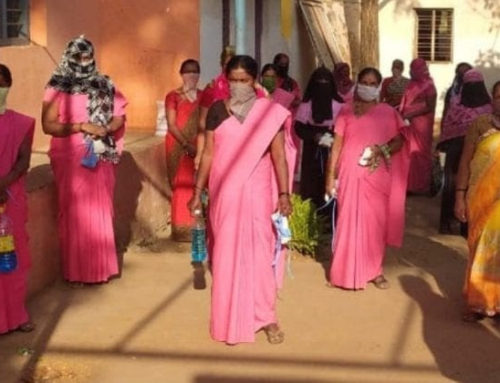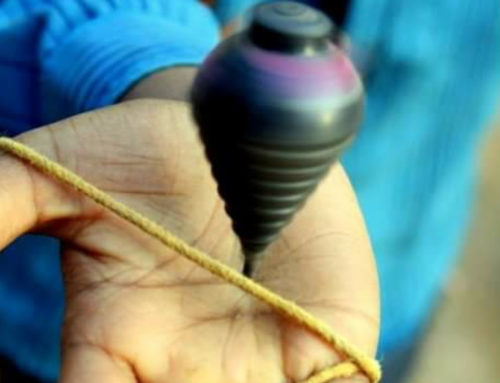One sector which has seen severe and massive disruption due to lockdown is the agricultural sector – the shutting down of the entire country coinciding with prime harvesting season has caused massive harm to perishable produce. The sector’s distress sometimes overshadows the plight of individual farmers, especially its impact on women farmers.
Gauriben and her husband are both farmers who grow crops on someone else’s fields. They live in Sadla, a village in Patdi, Gujarat and work on the fields in a small farming village close-by called Surajpura. They don’t own any land of their own – there is land in the husband’s family which is used for agricultural purposes but they do not have a share of that family land. Six months of a year they pitch a temporary house in the fields which they have taken up for share cropping. As per this system they are the ones who purchase all the inputs and also put in the labour to till the land, sow the seeds, and grow crops and also stay for the entirety of the agricultural season. The other six months, they come back home to Sadla and pick up odd jobs around the village, if any – they are not plentiful according to Gauriben. So majorly, their work season at any given time is only half a year. They get a 25% share of the produce as payment for their work through the season. The money from selling this off is their primary and sole source of income. With three children of growing ages between 4 and 6 years, the family of five lived frugally but did manage to get by – Gauriben balancing multiple household chores and working the field like many women farmers. This season, before lockdown, they were growing aarenda-castor, a cash crop.
Severely restricted movement due to the pandemic, however, saw a thinning of buyers for this year’s produce. After a lot of struggle to get a good price, they went into distress sale and sold in the Patdi market at highly reduced prices. From the minimal share they get each season from the sale of their produce; this year forget recovering the cost, they incurred a loss of Rs. 3000 against their investment of labor and inputs.
They are now back home, living in Sadla, with no money for the work they put in and no other work or wage to bank on. Gauriben and her family were surviving on the help provided by the villagers throughout the lockdown period. With the start of MGNREGA in their village recently, the couple has some respite from financial distress but they cannot wait to go back to farming on the other side of this catastrophe.

